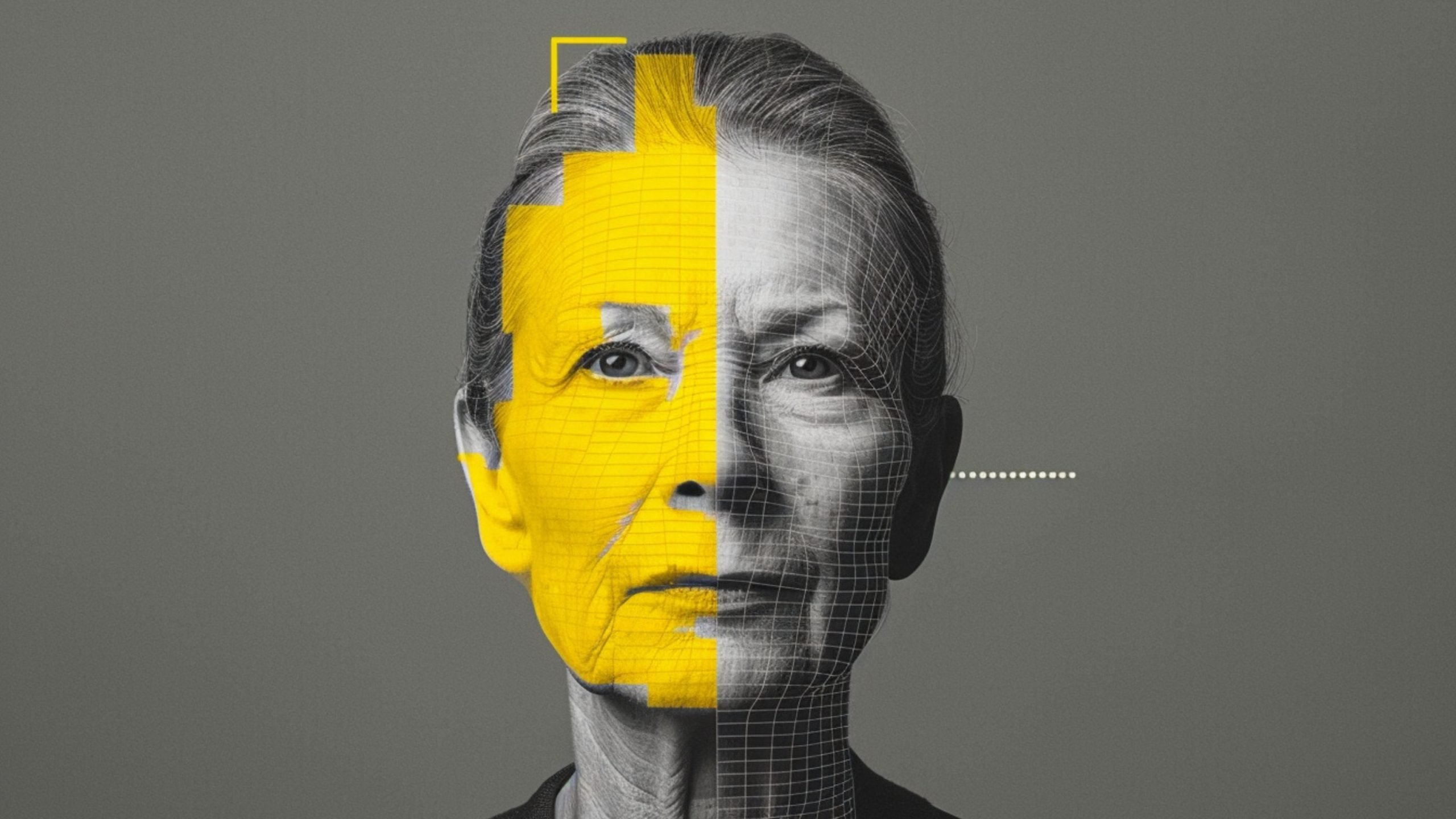The governor of the US state of Virginia, Glenn Youngkin, has vetoed HB 2479, a state bill designed to combat “deepfakes” and “synthetic media”
The Republican announced his decision citing Virginia’s Constitution – while critics of the bill previously warned that its allegedly unlawful and negative impact could extend as far as to violate the country’s First Amendment.
HB 2479 was supposed to prevent “realistic” AI generated imagery representing a political candidate in an election from ever making it to the public, without a disclaimer.
The problem with this, opponents have been saying, is the wording of the bill itself – namely, that it applies should such content be altered to be “deceptive or misleading” or “influence an election.”
And the lack of proper definition of those would have allowed for interpretations such as that “altering” an image by using a common tool like cropping – might have easily qualified as an offense.
People accused of “electioneering communication” in that way, in violation of the bill’s prohibitions, would have faced civil penalties and even imprisonment.
According to the governor, the sum total of all these different parts concerning HB 2479 in the end made it “an unworkable solution.”
Youngkin said in his veto statement that ensuring transparency in political communications is “a worthy objective, particularly as artificial intelligence continues to evolve.”
But – “this legislation imposes an impractical enforcement structure that lacks clear, workable mechanisms and raises significant constitutional and logistical concerns,” the governor stated.
Youngkin’s veto explains that it was up to the the State Board of Elections and ELECT to decide if “synthetic” media and appropriate disclosures had been made.
“Unlike traditional campaign finance and advertising regulations, these determinations involve highly technical assessments that the agency is not equipped to handle,” the governor wrote.
Youngkin makes a point of the bill being drafted in a “broad and vague” way.
That has been alarmingly frequent over the last years not only in many legislative efforts, but even in online platforms’ rules enforced to then effectively arbitrarily, given the vast remit, enforce equally arbitrary rules affecting speech.
Youngkin writes that the effectiveness of the bill, such as it was written, would have been limited by the “extraordinarily difficult task” of identifying sponsors of any relevant AI-generated content.
Further, HB 2479 would have facilitated politically motivated litigation, and, “inconsistent enforcement,” the governor declared.
“Other states have sought to regulate AI-generated political content, but this bill’s broad and vague approach lacks the precision necessary to ensure fair and enforceable application,” Youngkin’s veto states, and concludes:
“The constitutional concerns surrounding political speech, combined with the significant administrative challenges this bill presents, make it an unworkable solution.”






















